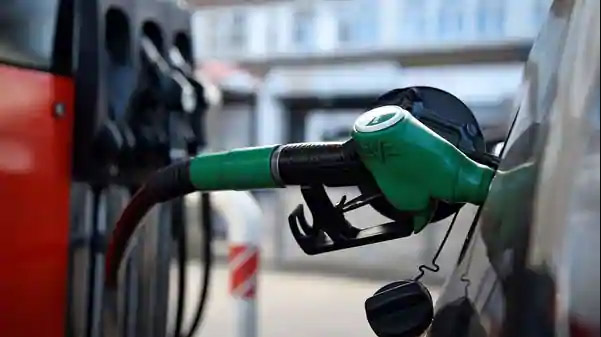Rising Fuel Prices add to woes of Pandemic-hit People
Even as people grapple with the COVID-19 pandemic and its economic consequences, the Union government adds to the strain by raising fuel prices. With its decisions, the Union administration has driven the people to the brink. The rising cost of petrol and diesel has made life miserable for the average person. The recent upsurge in fuel prices has raised additional concerns for businesses and people already dealing with low demand as a result of the second wave of COVID-19 and lockdown-like restrictions.
This hike would result in higher freight and transportation costs across the sectors. This will almost certainly be passed on to customers in the shape of higher final product costs. The petrol prices have risen to their highest level in two years. Retailers may be raising prices to compensate for lower fuel sales during the pandemic, according to the report. According to RAC fuel spokesman Simon Williams, “After seven consecutive months of rising prices drivers will be wondering if the increases are ever going to end.” Since then, the average price of a litre has risen to 129.27p, the most since August 2019.
Unleaded is now more than 22p more costly per litre than it was a year ago, the largest 12-month increase in 11 years. The Modi government benefited immensely from exceptionally low crude oil prices in the first three years. Following a period of stability at $110 per barrel from 2011 to 2014, oil prices plummeted to just $85 in 2015, and then to below (or around) $50 in 2017 and 2018.
Auto fuel costs in India are determined by international crude oil prices and the rupee-dollar exchange rate. Furthermore, the central government and states impose numerous taxes on gasoline and diesel, including excise duty and Value Added Tax (VAT). The fuel price includes the dealer’s commission and freight taxes.
It should be mentioned that fuels are exempt from the goods and services tax (GST). Petrol and diesel prices in India have continued to rise: state-run oil marketing corporations increased petrol and diesel prices again on Friday, after a two-day hiatus. Petrol prices have now touched a record high of Rs 100 per litre in various states, including Odisha (Malkangiri) with common people feeling the pinch.
Consequences of the Fuel Hike
There are definitely too many indirect consequences. With each increase in fuel prices, the majority of products will become more expensive. The overall price increase that occurs as a result of higher fuel costs will burn a hole in your pocket. The cost of transportation and raw materials will rise. Farmers’ production costs will rise, while their net profit will decrease.
Manufacturers are likewise affected by the same issues. An rise in national fuel prices serves no purpose other than to fatten the administration’s revenues. Every other activity is hampered as a result. It is commonly acknowledged that higher fuel prices would stymie economic progress. People’s incomes will be impacted by an economic slowdown.
It will be difficult for them to make ends meet. The government should have looked for ways to stimulate people’s consumption at a time when their incomes are being reduced by the COVID-19 pandemic.
